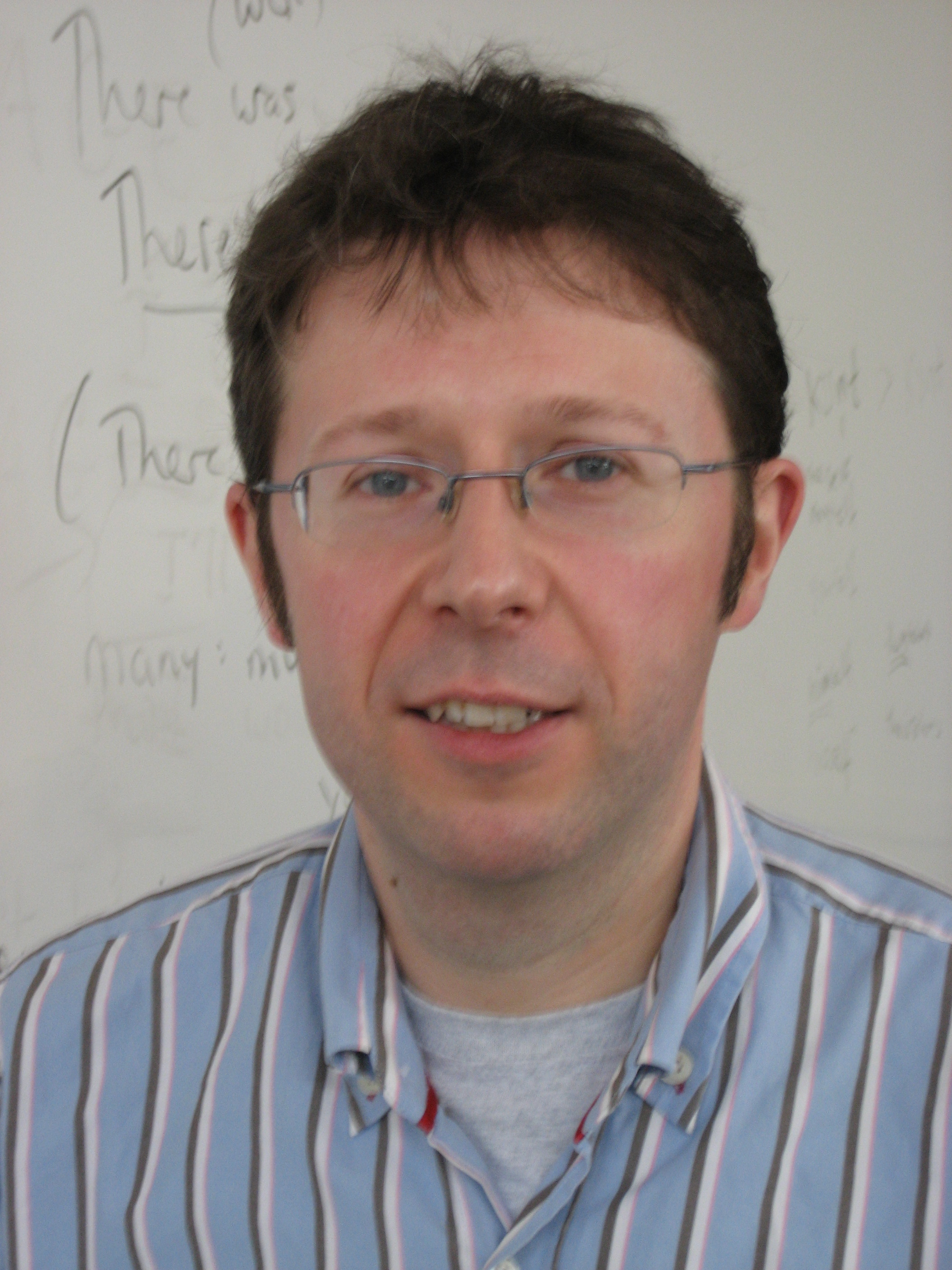David Willis

My main area of research is syntactic change. My research looks at the mechanisms of syntactic change, and tries to explain why certain syntactic changes are possible or impossible or why some seem to be more ‘natural’ than others, whether this is understood in terms of grammaticalisation paths, or in terms of cycles of change, or in terms of resetting syntactic parameters. I am particularly interested in Celtic and Slavonic languages, and have worked on various aspects of the history of these languages, including word order change, the development of markers of negation and changes in patterns of agreement marking within the noun phrase.
My work in syntactic variation and change uses techniques from dialect syntax, geospatial linguistics and Geographic Information Systems (GIS). I am currently leading the Tweetolectology project, an ESRC-funded project to use social media (Twitter) as a data source for mapping variation and change across a range of European languages (British English, Welsh, Scandinavian, Turkish, South Slavic etc.), comparing this with more traditional approaches from corpora (e.g. the British National Corpus 2014) in my work to construct a Syntactic Atlas of Welsh Dialects (the atlas of the pilot project can be found here).
I am interested in the use of electronic corpora in theoretical linguistics. I am involved in the digitisation of historical texts for use in research on the history of the Celtic and Slavonic languages. I am particularly involved with the encoding of Welsh texts, and was principal investigator on the project to create A historical corpus of the Welsh language 1500-1850. and am currently working to extend this corpus to the nineteenth century and to use it to develop part-of-speech and treebank conventions for a Parsed Historical Corpus of the Welsh Language.
My work tries to integrate historical linguistics with neighbouring disciplines such as syntactic theory and child language acquisition, in the belief that the mechanisms of language change can be best understood in a more general theoretical context. My research in historical linguistics currently focuses on cycles of change in the expression of negation (Jespersen's Cycle) and on directionality in syntactic change, particularly grammaticalisation and degrammaticalisation. I was director of an AHRC research project to investigate The development of negation in the languages of Europe.
I also have research interests in synchronic syntactic theory, where I have worked on wh-constructions, negation, noun phrases, word order and clitics, within minimalism.